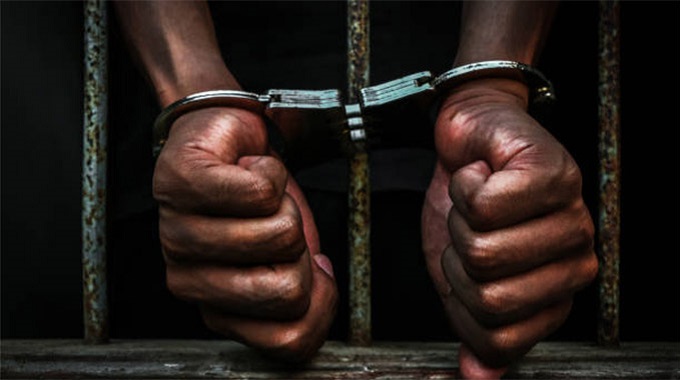Call to clear albinism myths

Flora Fadzai Sibanda, [email protected]
Ms Jennifer Madiriza says growing up, she vividly remembers being taken from one church to the other as part of efforts to “cure” her albinism.
She says an incident which stands out is when some pastor gave assurance that he would change her skin colour after praying for her.
Ms Madiriza says as if that was not enough, she was directed to occupy a sick person’s seat where people who had various illnesses and some who were believed to be possessed by demons. The church, she says, believed her albinism was a spirit that needed to be cast out.
Ms Madiriza is part of the 70 000 people in the country living with albinism and face various forms of discrimination on a daily basis.
The discrimination, she said, motivated her to be a volunteer at the Albinism Dare to Dream Initiative as she realised she had to save her sister who is also living with albinism and every other young girl from being discriminated against.
“People used to think albinism is a disease that could be easily cast out through prayer. I didn’t face this only at church but at school as well as in our community in general to the extent that I felt I was really different,” said Ms Madiriza.
Speaking during International Albinism Awareness Day commemorations in Bulawayo yesterday, Ms Madiriza said she was happy because the situation is better now compared to the past. She said people now know that albinism or having a child with albinism is not a curse unlike in the 90s.
International Albinism Awareness Day is celebrated annually on June 13 and is meant to raise awareness on the challenges facing people with albinism.
This year’s commemorations were held under the theme, “Inclusion is Strength”.
Albinism is a genetic disorder that affects the production of melanin, the pigment that colours skin, hair and eyes. People with albinism have a reduced amount of melanin, or no melanin at all. This can affect their colouring and eyesight.
Because of this, most people living with albinism still face discrimination from their communities because of communities’ supernatural beliefs.
Unlike Ms Madiriza who feels the country has done a lot in educating people about albinism, Ms Ayanda Candice Sibanda said there are still a lot of misconceptions surrounding albinism.
She said she is still saddened by some questions she is asked about her condition.
Ms Sibanda said some people ask her whether it was true that she would not die but just disappear while others ask if her skin colour is the one that makes her intelligent.
These questions, she said, are still being asked to children who are born with albinism 23 years on.
“I grew up in Tsholotsho and Pumula South and creating friendships was really difficult because a lot of children didn’t want to be associated with me as they thought they would also get the condition. I never understood why they would do that,” said Ms Sibanda
She said it took a lot of resilience to withstand the discrimination and a few years later, she rose to become Miss Africa Zimbabwe.

Ms Jennifer Madiriza
Ms Sibanda said she also gained the confidence to set up a foundation that empowers other young women living with albinism and other disabilities.
She said education about albinism should start at the grassroot level so that children at primary school are able to understand what it is and learn to appreciate people with albinism.
“To everyone living with albinism and is having a hard time accepting their situation, just know that albinism is just a lack of melanin in the body and like any other condition, it comes with certain disadvantages. We should learn to love and accept ourselves for who we are,” said Ms Sibanda.
Ms Shane Lawrence, Miss Albinism Zimbabwe 2021, said a majority of people living with albinism have faced discrimination and name calling adding that the most important thing is how one reacts.
She said the biggest challenge that most people living with albinism face is how they are quick to put themselves in a shell and shut themselves out.
“The awareness might not be enough but as Zimbabweans, so much has improved from 20 years ago because a lot of people are now being taught about albinism. These beauty competitions are also showing that inclusivity is slowly but surely coming in. Being born with albinism is not a curse. People should accept themselves as they are and make sure they create the most out of everything. Celebrating days like this is important because they’re a reminder that as a people, we are all born with a purpose and there’s a reason why we are the way we are,” said Ms Lawrence. — @flora_sibanda
.










Comments